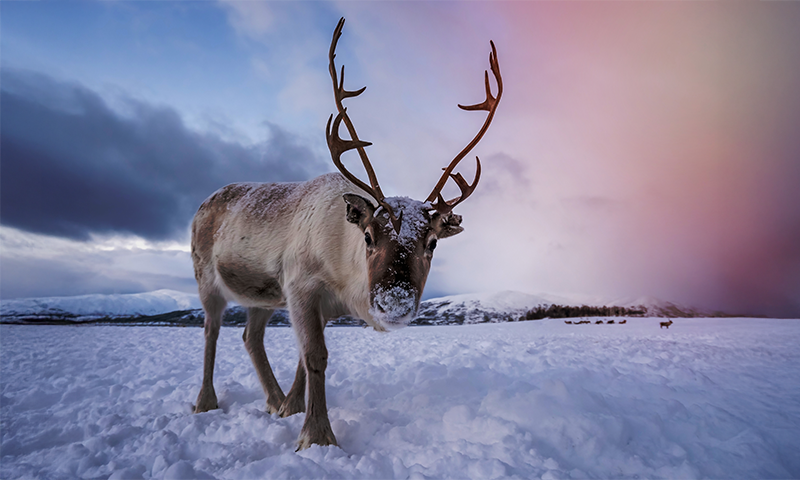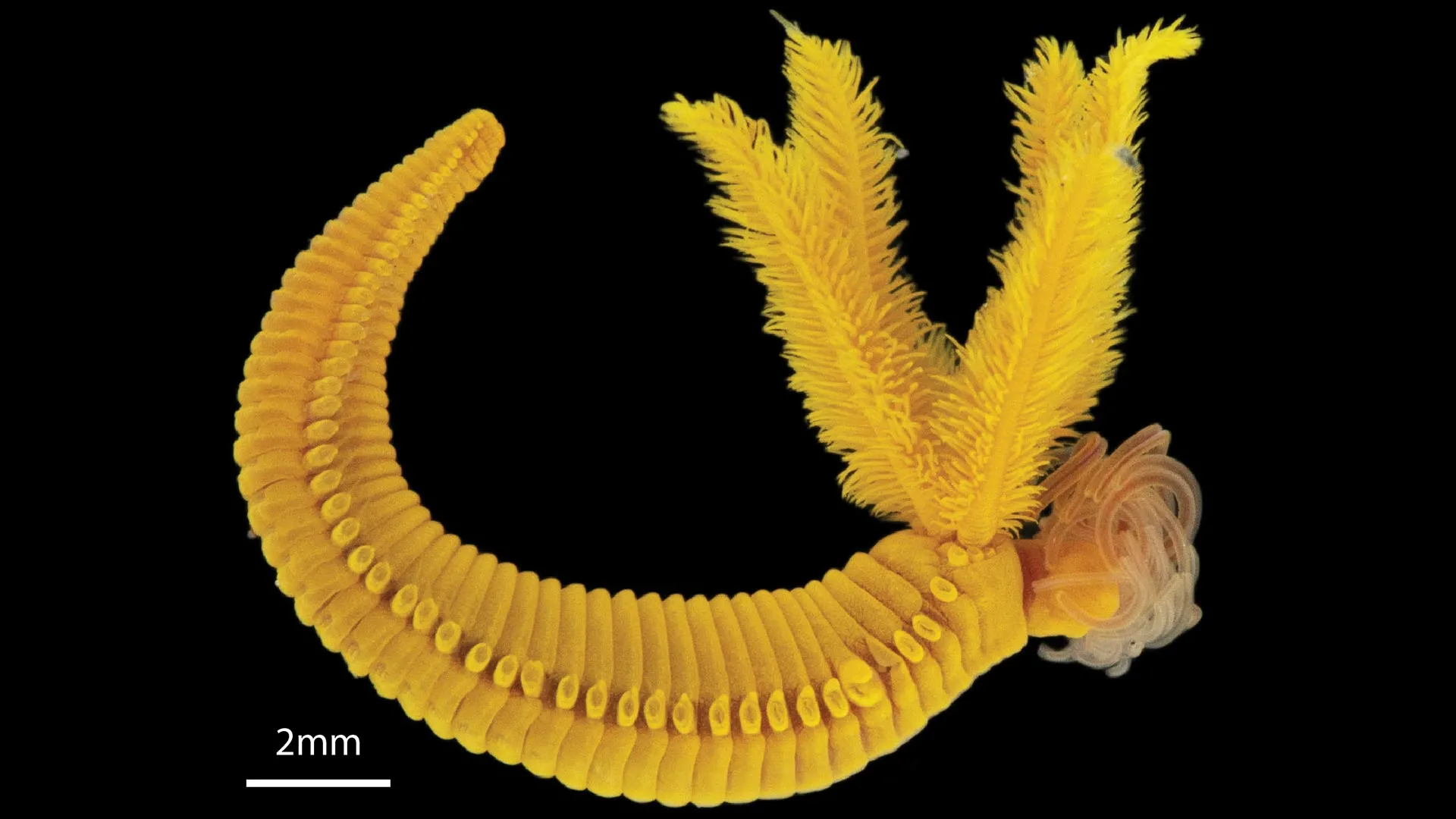Now Reading: Reindeer Populations Face Sharp Decline
-
01
Reindeer Populations Face Sharp Decline
Reindeer Populations Face Sharp Decline

Quick Summary:
- Global Reindeer Population Decline: Reindeer populations globally have dropped by two-thirds in three decades and could face up to an 80% decline in certain regions by 2100 due to climate change.
- Study Insights: Researchers analyzed population and geographic dynamics across 21,000 years using fossil records, DNA data, human migration patterns, and climate models.
- Vulnerable Regions: North American reindeer populations are particularly at risk since suitable habitat is shrinking faster there compared to Europe or Asia.
- Ecological Role: Reindeer are vital for controlling forest growth and preserving tundra biodiversity, contributing significantly to carbon storage. Indigenous communities depend on them culturally and economically for food, clothing, transportation, and tools.
- Challenges from Climate Change:
– Summer heat stress causes reduced feeding behavior among reindeer.
– Winter warm spells result in ice layers on snow that block access to food sources.
– Compounded threats include disease outbreaks, habitat loss due to human encroachment, industrial progress like roads/ports limiting mobility.
Indian Opinion Analysis:
The alarming decline of reindeer populations poses ecological risks far beyond the Arctic regions where they live. While India has no direct connection with these species or their ecosystems geographically or economically-it does share responsibilities under global commitments addressing climate change mitigation and biodiversity conservation. The role of animal migration patterns as natural environmental regulators provides insights relevant for India’s own wildlife management challenges involving species such as migratory birds or herds which face threats due to shrinking habitats.
India may indirectly feel the impact of such losses through intensified global warming feedback loops resulting from diminished tundra carbon sequestration-a reminder that localized environmental crises contribute cumulatively toward planetary climate emergencies. The study also signals broader lessons about balancing economic expansion (like infrastructure development) with conserving biodiversity-an imperative not only for Arctic lands but across India’s rapidly developing landscapes.

























